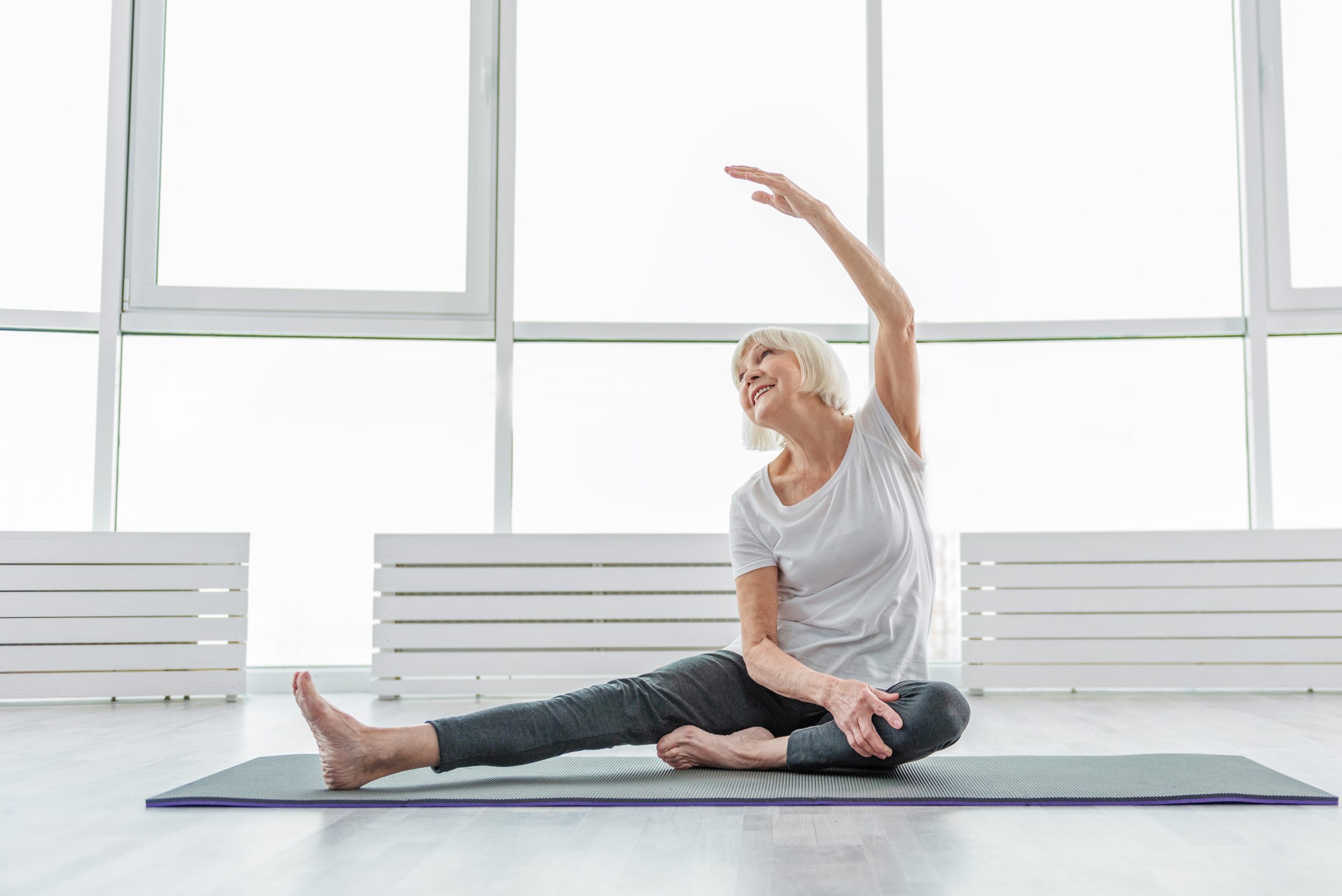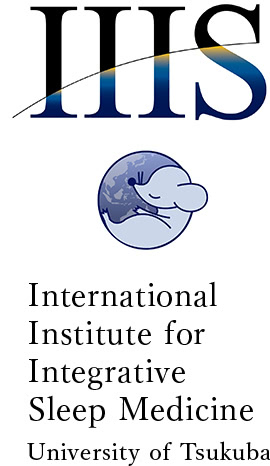
2025.04.02
Multitasking Exercise Enhances Objective Sleep Quality in Older Women
Researchers at the University of Tsukuba have discovered that the so-called “multi-task exercise,” which combines cognitive activity with physical movement, enhances sleep quality in older women by activating the prefrontal cortex after exercise. These findings may support the development of exercise programs designed to improve sleep in older populations.
Tsukuba, Japan—During deep sleep, brain wave amplitude increases, and “δ (delta) power,” a key objective indicator of sleep quality, is observed; higher delta power corresponds to deeper, more restorative sleep. Delta power is known to increase through daytime physical activity and mental engagement. Therefore, multitask exercise, which merges physical and cognitive effort, is expected to enhance sleep. However, delta power declines with age, and sleep quality is further affected by hormonal changes, particularly those related to gender. This study, therefore, investigated the effects of multi-task exercise on sleep in elderly women.
The study involved fifteen healthy older women residing in Tsukuba City, who participated in five conditions: (1) low-intensity single-task exercise, (2) low-intensity multi-task exercise, (3) moderate-to-vigorous intensity single-task exercise, (4) moderate-to-vigorous intensity multi-task exercise, and (5) resting in a seated position as a control.
Brain activity in the prefrontal cortex was measured before and after each exercise session, and sleep stages and delta power were assessed using polysomnography. Results indicated that low-intensity multitask exercise activated the prefrontal cortex immediately after the session and increased the delta power during sleep. These findings suggest that low-intensity multitask exercise is a promising strategy for promoting better sleep in older adults and may contribute to the development of new exercise programs.
| Press Release | |
|---|---|
| Paper | |
| EurekAlert! |
